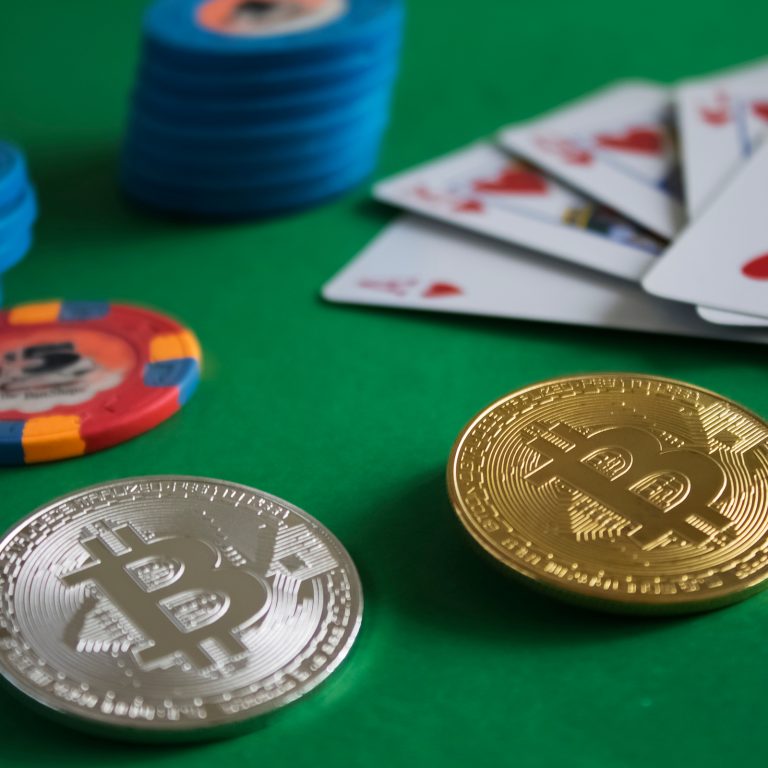2020-2-6 19:22 |
The age of the internet was a game-changer for the gambling industry. It enabled anyone with an internet connection to play their favorite casino games or engage in sports better from anywhere. Now, despite being heavily regulated in many countries, the online gambling sector is growing at an impressive rate. According to a report from market research firm Mordor Intelligence, the industry can expect further growth of 8.77% CAGR between now and 2020. However, despite this optimistic projection, the online gambling space also faces several key challenges. There is a lack of trust on the part of users, partly driven out of the fact that there’s a low level of transparency into wins and losses. Perhaps this is the reason that millennials are less interested in online gambling than their predecessors. One survey suggests that half as many millennials consider gambling a priority activity compared to other generations. According to the Mordor report cited above, the industry is also highly fragmented and highly competitive, driving profit margins ever lower for smaller operators. It isn’t all doom and gloom, though. As technology has evolved, it’s providing opportunities. For example, the increasing use of chatbots helps to reduce staff overheads. However, the biggest technological opportunity for online casinos right now is blockchain. Blockchain’s Winning Edge Perhaps the biggest benefit that blockchain brings to online gambling is transparency. Rather than transactions taking place in a black box, all gaming transactions, including wins, losses, and payouts can be recorded permanently on the blockchain ledger. Moreover, games can be configured to be provably fair. Users and casino operators can benefit from instant payouts, and by operating in digital tokens rather than fiat, there’s no need to share sensitive banking or credit card information online. Regulatory compliance can also be baked in as needed. For example, if there’s an upper limit on the value a user in a particular country is allowed to gamble, then this can be programmed into the platform. If further proof were needed, the decentralized app (dApp) numbers say it all. While many dApps struggle to gain user adoption, the most popular dApps, by quite some distance, are gambling games. At the time of writing, dApp ranking site Dapp Radar shows that five of the top ten most-used dApps are gambling games — more than any other category. However, this doesn’t mean that anyone wanting to participate in the blockchain gambling market needs to go and learn enough code to develop their own dApp. There are several operators making it easy for anyone to participate. Online Casinos In the casino gaming space, FunFair provides a white-label blockchain platform making it easy for anyone to open their own online casino. It’s a full turnkey solution so that an operator only needs to add their branding, and they can start marketing their casino to users. FunFair is also open to game developers, who use the FunFair platform as a means of getting their games to a broader user base. This means that operators can take their pick of the games available on the FunFair platform, each of which is decentralized and provably fair. FunFair is developed on the Ethereum blockchain and uses the ERC-20 FUN token as the native payment currency of the platform. Because the entire platform is decentralized, funds are managed by smart contracts meaning that FunFair never takes custody of user stakes or operator profits. Once an operator starts attracting players, they can earn commissions from their casino at a rate that’s around 10% what other online casino platforms would charge. Payouts are made instantly, meaning operators don’t have to wait the standard 30 or 60 days required by other platforms. Therefore, using FunFair provides operators with the opportunity to significantly enhance their earning potential. Sports Betting The sports betting space is also a significant growth market, particularly in the U.S., where the government lifted a federal ban in 2018. So, blockchain-based betting platforms are also seeing a surge. Bethereum is one such example. Rather than users betting against the house, Bethereum operates a “social betting” model, enabling users to bet against friends and other players. Like FunFair, Bethereum leverages blockchain to ensure transparency in the betting process and associated financial transactions. It also offers a turnkey solution for white-label sports betting operators. By increasing trust and driving profitability, platforms like FunFair and Bethereum are helping to open up online gambling to new markets, driving further growth and profitability. The post appeared first on NewsBTC. origin »
Bitcoin price in Telegram @btc_price_every_hour
Bitbook Gambling (BXK) íà Currencies.ru
|
|





